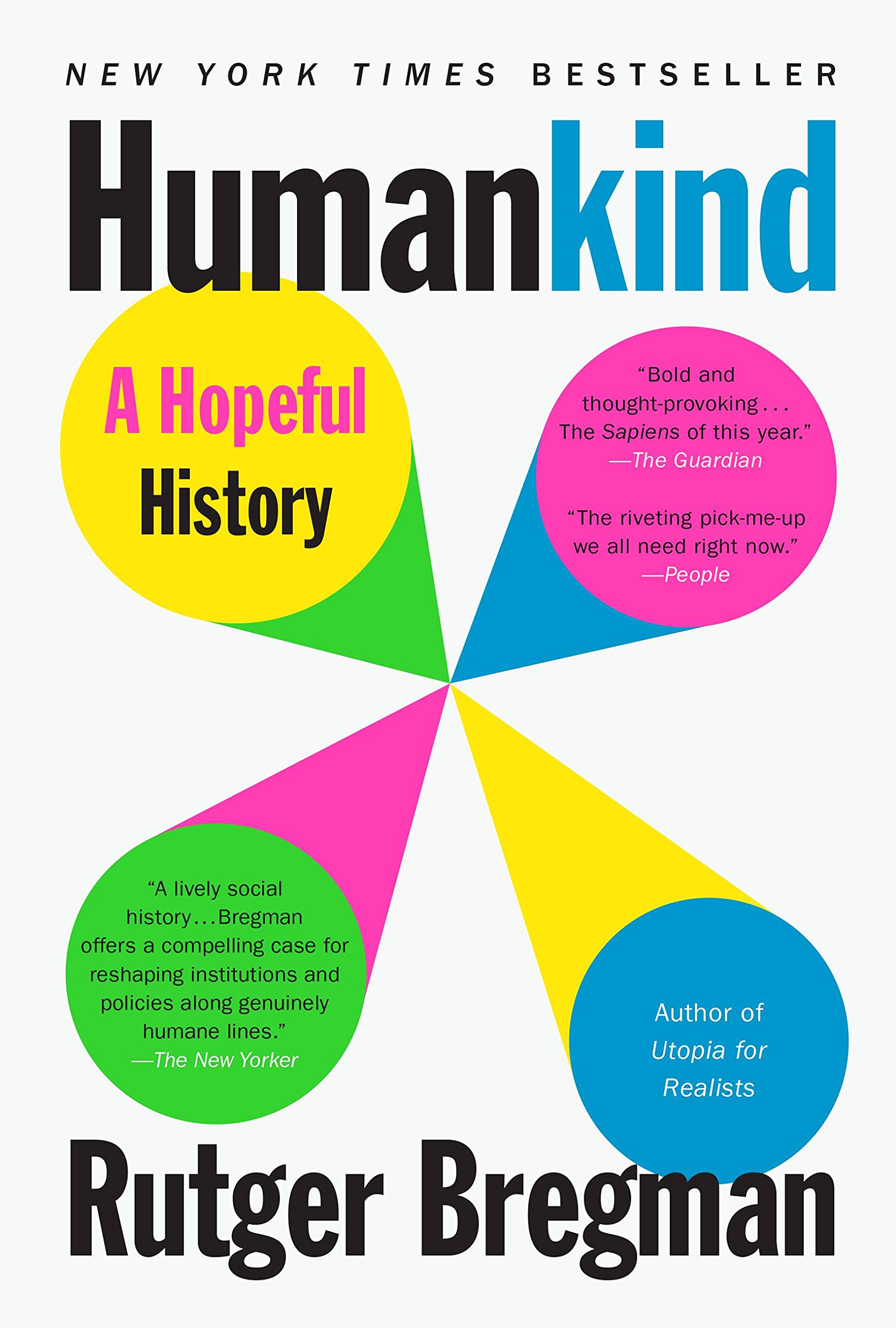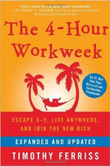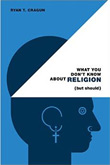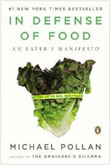Author Upends Beliefs About Human Kindness
Brandon Sun, December 6, 2021 - David McConkey
Do you think people are
fundamentally uncaring and mean-spirited? Or are people basically
decent and good? Voting for goodness is a new book by Dutch
historian Rutger Bregman, Humankind: A Hopeful History. Bregman argues
that not only are we kinder than we think we are, but also our
assumption of the worst in us holds us back from becoming our best.
Bregman's book is most enjoyable. As the title says, it is a
hopeful, inspiring read. It is packed with information. And the book
is thought-provoking as it upends some of our most widely held
beliefs.
“When I started writing this book, I knew there was one story I
would have to address,” the author recounts. “The story takes place
on a deserted island somewhere in the Pacific. A plane has just gone
down. The only survivors are some British schoolboys . . .”
If you are like me, you were a teenager when you first encountered
the book or the film version of “Lord of the Flies.” I remember
learning in high school that this story revealed our basic human
nature: take away societal restraints and we would create a vicious
dystopia. Apparently we are a nasty lot.
Lord
of the Flies is an acclaimed work from 1954 by the Nobel
prize-winning author, William Golding. But Bregman reminds us that Lord
of the Flies is fiction, not reality. And Bregman gives us
more: relating the story of a real-life adventure in the 1960s where
six boys were marooned for more than a year on a Pacific island. But
that story is a heart-warming one of co-operation, friendship and
survival. Unfortunately, that real event never attracted the
interest paid to the fictional account.
What about another story: the 1964 murder of Kitty Genovese? At first,
this was just one of 600 murders that year in New York City. But two
weeks after the murder, The New York Times ran a front page story
about how dozens of bystanders stood by without helping the victim.
That newspaper report of callous bystanders made Genovese’s murder
famous. Her story has appeared over the years in songs, plays,
comics, books (including “The Tipping Point” by Malcolm Gladwell), a
presidential speech and even an episode of “Seinfeld.” It has also
been featured in numerous psychology and sociology textbooks, which
is where I learned about it in university.
But Bregman explains how further research has found that the reality
was more complicated and that bystanders did help Genovese. And in
an ironic twist, five days after the murder, two bystanders
successfully intervened to help arrest the murderer. But no
newspaper reported that positive outcome.
In tracing how the heartless bystanders narrative has persisted for
decades, Bregman is scathing in his criticism of the originator of
the story: The New York Times. A radio reporter once asked a Times
reporter why the paper hadn’t included facts that ran counter to the
notion of uncaring bystanders. The reply? “It would have ruined the
story.”
 We are kinder than we think we are. And human kindness appears
dramatically in emergencies and natural disasters. In a related
theme, Bergman explores how people are not as incapacitated by
trauma as we often presume.
We are kinder than we think we are. And human kindness appears
dramatically in emergencies and natural disasters. In a related
theme, Bergman explores how people are not as incapacitated by
trauma as we often presume.
Why do we think that we are less caring and less resilient than we
really are? For one thing, we have been influenced by narratives
spun for us by the news, by fiction, by “reality” TV and by other
media. And also by several oft-quoted social psychology experiments
from the 1960s and ’70s, which Bregman points out were sloppy or
even fraudulent.
Bregman notes that we are creatures of evolution. We evolved to be
suspicious and pessimistic: the negativity bias helped our ancestors
survive. At the same time, we evolved to be co-operative and to work
together with other folks to overcome difficult situations.
Kindness, resiliency and even playfulness were also handy traits for
survival.
So, there is a mix in our nature. We are naturally drawn to negative
stories of mean-spirited behaviour. But we are also by nature
positive, kind and resilient.
In “Humankind,” Bregman has assembled a host of fascinating
observations from anthropology and history, and from workplaces,
schools, playgrounds, prisons, battlefields, natural disasters,
anti-terrorism initiatives and citizen engagement. The author’s
message is inspiring: let’s recognize the fact of human kindness and
resiliency and incorporate that understanding into our daily lives
and into our institutions.
Bregman is only 33 and I look forward to reading more from him in
the future.
“It’s time for a new realism,” Bregman concludes. “It’s time for a
new view of humankind.”
See also:
Humankind: A Hopeful History . . . on Amazon.com
Actually, Atheism is All You Need to Thrive . . . If You Do It Well
Ordinary Lives, Extraordinary Stories
Popular Right Now:
- 15 Tips for Healthy Eating
- Quality of Life, Well-Being Research Something We Can Feel Good About
- Diets Don't Work, So What Does?
- Political Contributions: Top Ten Canadian Tax Tips
- Nestle Fitness 14 Day Weight Loss Program; What is Wrong Here?
- Charitable Donations: Top Ten Canadian Tax Tips
Must Read Books:
The 4-Hour Workweek:
Escape 9-5, Live Anywhere, and Join the New Rich

What You Don't Know About Religion (But Should)

In Defense of Food:
An Eater's Manifesto

The Life-Changing Magic of Tidying Up:
The Japanese Art of Decluttering and Organizing

Don't
Even Think About It:
Why Our Brains are Wired to Ignore Climate Change

Like This? Share It!
Press Ctrl + D to Bookmark!
